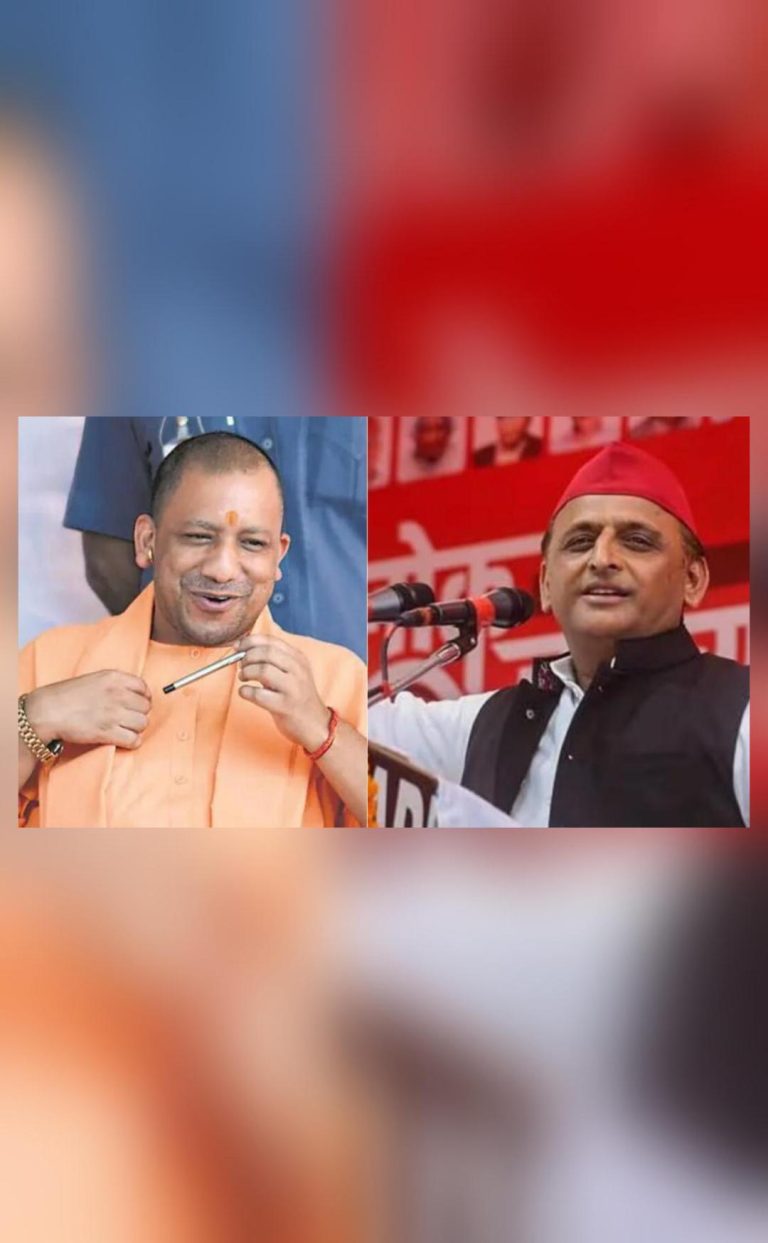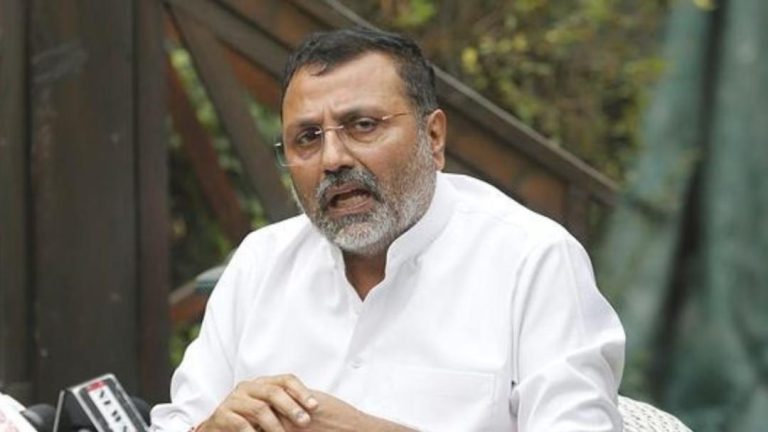
Absurd: EC sources on Rahul’s ‘compromised’ remark on Maha polls
In a shocking turn of events, the Election Commission (EC) has refuted Congress leader Rahul Gandhi’s recent remark, where he claimed that the poll body is “compromised” in the Maharashtra state assembly election. Rahul made this statement citing alleged discrepancies in turnout figures, sparking a heated debate in the political circles. However, the EC sources have now come forward to term Rahul’s remarks “completely absurd”, highlighting his disrespect not only towards the law but also towards his own party workers and the lakhs of election staff who worked tirelessly to ensure the smooth conduct of the polls.
According to the Indian Express, EC sources have rubbished Rahul’s claims, stating that the Commission’s data is accurate and transparent. The sources pointed out that the turnout figures were publicly available and could be cross-checked by anyone. They also emphasized that the EC’s data was compiled based on actual voting records and not on any hypothetical or illusory numbers.
It is worth noting that Rahul Gandhi made these remarks after the EC released the final turnout figures for the Maharashtra assembly election, which showed a higher turnout in the constituencies won by the ruling BJP-Shiv Sena alliance compared to those won by the opposition parties. Rahul alleged that this was a clear indication of the EC’s bias and compromised position.
However, the EC sources have categorically denied any bias or compromise, stating that the Commission’s primary objective is to conduct free and fair elections, and it does not have the power or the inclination to manipulate the outcome of the polls. They also pointed out that the EC’s data is regularly audited and verified by various stakeholders, including political parties, civil society organizations, and the media.
The EC sources also took umbrage with Rahul’s statement, saying that it was a slap in the face not only for the Commission but also for the lakhs of election staff who worked tirelessly to ensure the smooth conduct of the polls. They emphasized that the EC’s officials, including the polling officers, supervisors, and other staff, were drawn from the ranks of the bureaucracy and the administration, and were not beholden to any political party or individual.
Rahul’s remark has also been criticized by many political analysts and experts, who have pointed out that it is a classic case of political posturing and grandstanding. They have argued that Rahul’s statement was an attempt to distract attention from the Congress party’s poor performance in the Maharashtra polls and to shift the blame onto the EC.
The EC’s response to Rahul’s remark has been seen as a clear indication of the Commission’s commitment to maintaining its independence and neutrality. In a statement, the EC said that it would not be swayed by personal attacks or political pressure, and would continue to discharge its duties with integrity and professionalism.
The controversy surrounding Rahul’s remark has also raised important questions about the role of the EC in India’s electoral process. While the EC has earned a reputation for being a fair and impartial arbiter, there have been concerns in the past about its ability to withstand political pressure and maintain its independence.
The EC’s response to Rahul’s remark has also highlighted the need for greater transparency and accountability in the electoral process. While the EC’s data is publicly available, there have been concerns about the lack of transparency in the data collection and compilation process.
In conclusion, Rahul Gandhi’s remark that the EC is “compromised” is absurd and lacks any basis in fact. The EC sources have refuted his claims, pointing out that the Commission’s data is accurate and transparent, and that it has no power or inclination to manipulate the outcome of the polls. The controversy surrounding Rahul’s remark has also raised important questions about the role of the EC in India’s electoral process and the need for greater transparency and accountability in the electoral process.



